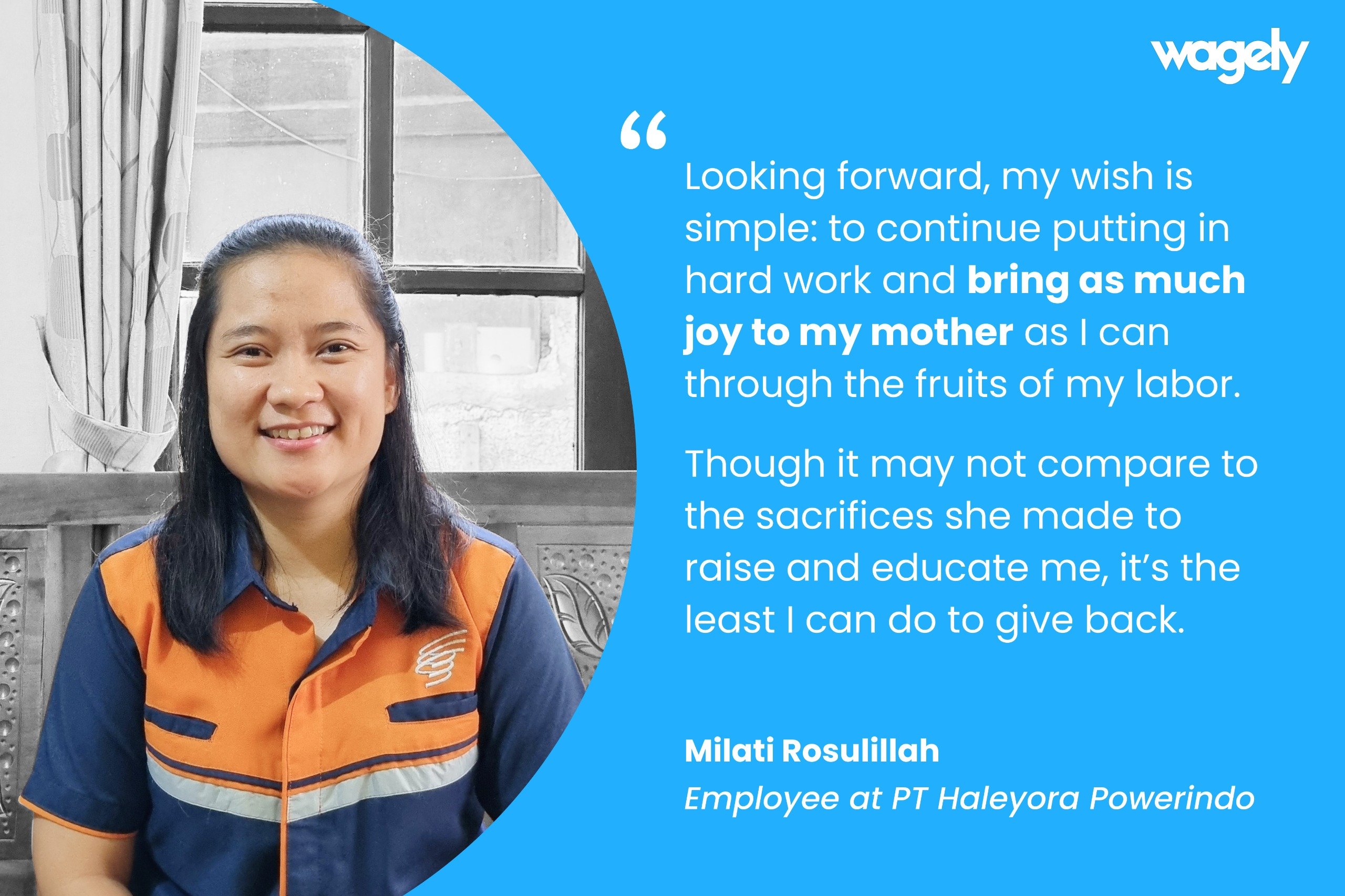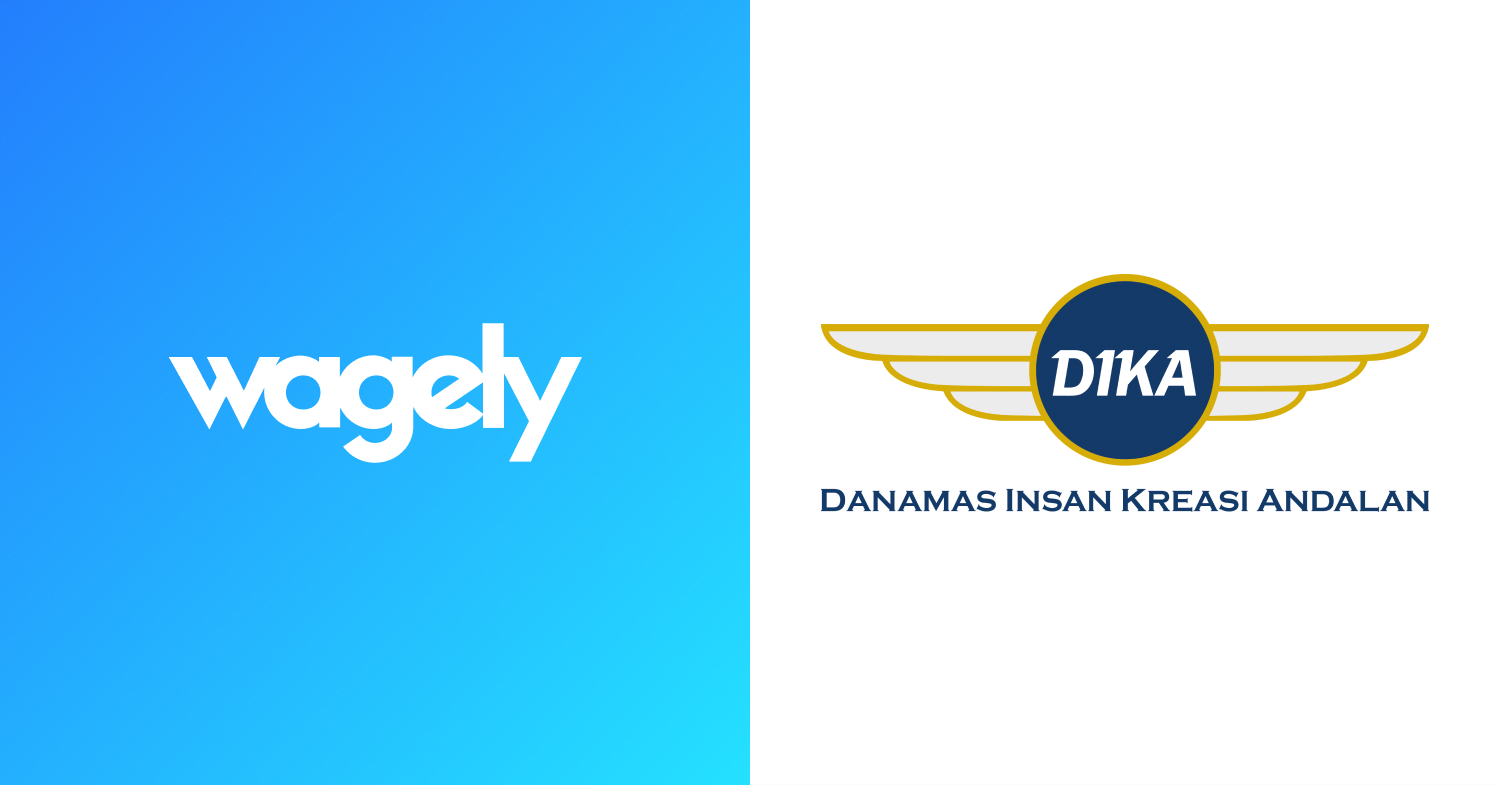In Indonesia, 75% of the lower and middle income workers live paycheck to paycheck — every single month. With less than Rp 500.000 in savings, the majority of households are just one missed paycheck away from falling into a vicious cycle of debt as unexpected expenses force them to turn to payday loans, short term credit or overdraft.
Carrying steep fees that are regularly exceeding APRs of 400% the aforementioned alternatives present unbearable financial burden to the people who can least afford them. Rather then helping people in need of financial relief, they drive dependency and cost the local economy millions in lost productivity and high turnover.
Recently, a new product category called “on-demand pay” or “Earned Wage Access” has emerged all around the world, to help people break the cycle of debt to become financially resilient. With membership and pay-per-use models that are far more reasonable than the fees incurred by payday loans and overdraft, these services are showing great potential to be the lifeline that people actually need.
“Earned Wage Access” has emerged all around the world, to help people break the cycle of debt to become financially resilient.
What is Earned Wage Access (EWA)?
Earned wage access is an employee benefit that allows workers to access their already earned but unpaid wages whenever they need.
Lets say you’re halfway through the pay cycle and already worked half of your regular working hours, meaning you have already earned half your wages. Since the employer is not paying you until the end of the pay cycle, EWA gives you easy access to your money before the official pay day.
- EWA is not a loan or cash advance;
- EWA does not incur any overdraft or late fees
- EWA gives immediate financial relief without burden
How is on-demand salary beneficial?
EWA is tackling the issue of financial stress head on, offering low- and middle income workers a chance to escape the cycle of debt and allowing the worker become financially healthy. Not only is this beneficial to the employees but also for the employer.
Financial stress matters: PwC found that 67% of workers report struggling with financial stress, which means over two-thirds of the working population are susceptible to migraines, depression, and anxiety. Plenty of research highlights the effects that employee financial stress has on business performance. According to PwC, workers are spending three or more hours per week focusing on financial issues instead of their jobs. Of employees who report being stressed by finances, 12% miss work due to those problems, and 31% feel that their productivity is affected. PwC estimates that for a company with 10,000 workers, all these issues related to financial stress can cost up to $3.3 million in a single year.
67% of employees feel stressed about their financial situation. — PwC
Why not just changing the payment schedule?
Many have argued whether or not payroll frequency is the main issue and considered to just simply change to a more frequent pay schedule. However, changing pay schedule frequently won’t get you all the other benefits that play an equally important role for a holistic employee benefit.
- Simply changing payment schedule will not give workers their real-time earnings update they want.
- More frequent payment schedule still does not provide 24 instant, real-time access to salary.
- Changing to more frequent pay schedule could increase costs with payroll service as well as effort to HR and internal staff.
Is EWA interesting for you?
It is easy to see why businesses are choosing to offer on-demand pay to employees as EWA poses as an interesting alternative to tackle financial stress. Offering better employee benefits does not only improve the health of your workforce but at the same time increases employee performance and motivation leading to a significant impact on the bottom line of employers.




